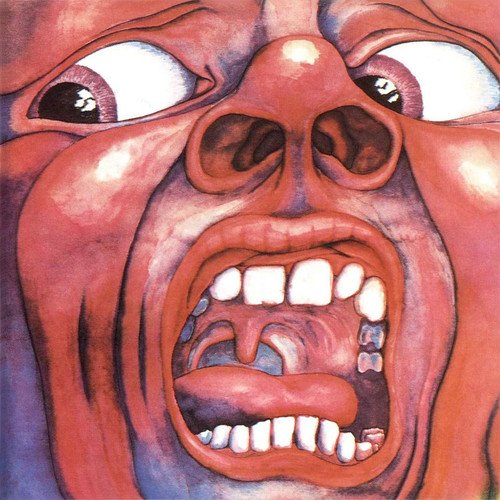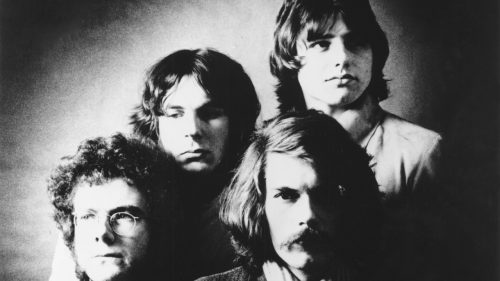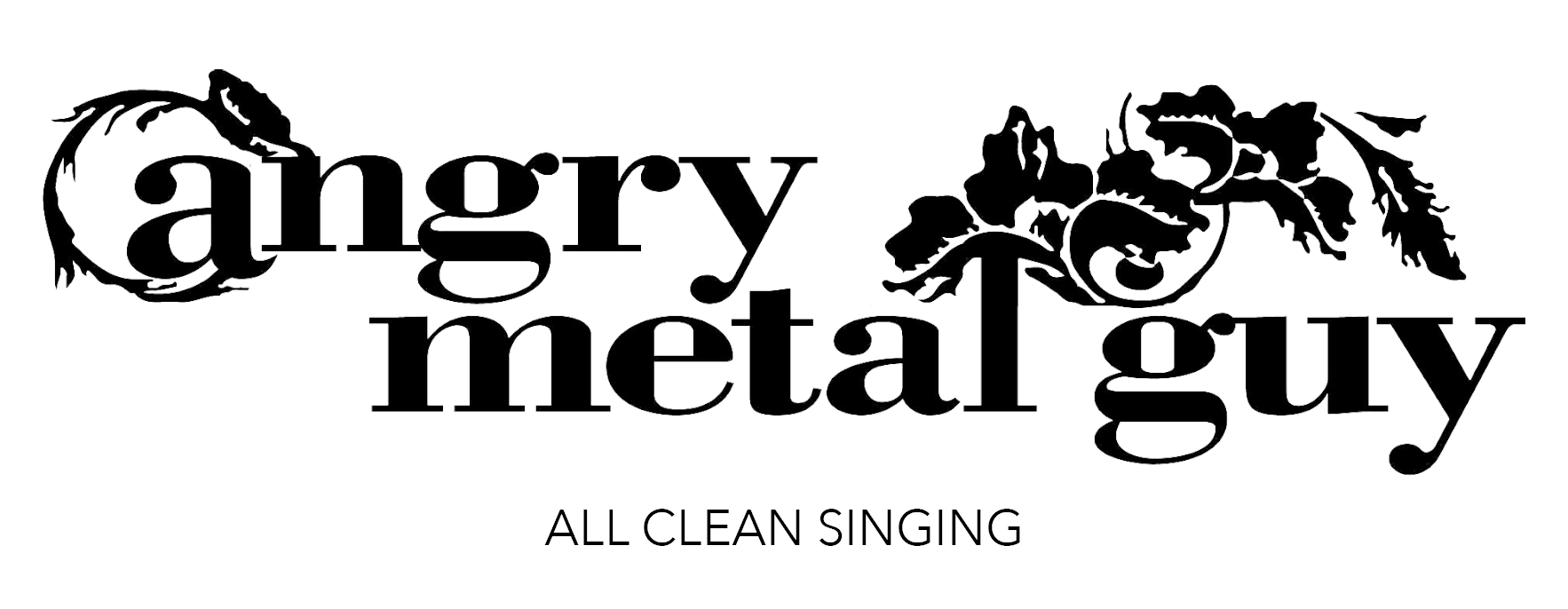 What do you do when it’s the middle of summer, the promo sump is at an all-time low, and what’s in it has been greedily snapped up by the hordes of n00bs who are running rampant in the halls? Well, you write about an album that’s older than all of these n00bs, and better than anything coming out this summer. You write about an album that is a mere ten days older than Yours Truly.1 You write about an album that has had more of an impact on progressive rock than most people’s parents have had on them. Yes, my friends, you write about King Crimson’s debut album, In the Court of the Crimson King (ItCotCK).
What do you do when it’s the middle of summer, the promo sump is at an all-time low, and what’s in it has been greedily snapped up by the hordes of n00bs who are running rampant in the halls? Well, you write about an album that’s older than all of these n00bs, and better than anything coming out this summer. You write about an album that is a mere ten days older than Yours Truly.1 You write about an album that has had more of an impact on progressive rock than most people’s parents have had on them. Yes, my friends, you write about King Crimson’s debut album, In the Court of the Crimson King (ItCotCK).
As our firm’s foremost King Crimson fanboi, it falls upon me to extol the virtues of this hallowed slice of vinyl. While it is not the first Crim album I bought,2 nor is it my favourite,3 it is nonetheless the band’s most important release, iconic in nature for all the right reasons. Born out of the short-lived4 and slightly wacky folk-prog outfit Giles, Giles & Fripp, this mach5 of Crim existed for a mere 335 days, but in that time Jimi Hendrix called them “the best band in the world,” they opened for the Rolling Stones, and they recorded this legendary album. That’s more than a career for most bands.
In 1969 King Crimson was a five-piece, with the fifth member, Pete Sinfield, providing “words and illumination.” That meant he was the band’s lighting tech, but more importantly the lyrics Sinfield wrote for ItCotCK are marvellous and timeless. The overall theme is one of apocalypse and annihilation, with lyrics in “21st Century Schizoid Man” and “Epitaph” ringing just as true today as they did back then. Musically, this is an iconic album. Everyone knows the record’s staple, the opening track “…Schizoid…,” an incredibly complex piece, and the tragic “Epitaph,” one of my ten favorite songs of all time,6 but the other tracks are just as timeless. “I Talk to the Wind” is a master class in 60s folk psychedelia, nurtured from the Giles, Giles & Fripp era, airy and mystical. And Side 2 of the record, “Moonchild” and the extravagant title track, are brilliant prog-rock compositions in their own right.
The four musicians playing here are well-known in the prog world (to put it lightly). Robert Fripp needs no introduction. He’s one of the greatest guitarists out there, and one of the most experimental. On this album he sticks to that instrument, letting Ian McDonald (also from Giles, Giles & Fripp, and founding member of Foreigner) handle a myriad of other instruments. On the drum kit is Michael Giles, who after this record became essentially a session cat. And on bass and lead vocals was the inimitable and sadly departed Greg Lake, who stayed on for one more album before co-forming Emerson, Lake, and Palmer. An all-star cast, although nobody knew that at the time.

Production techniques were rudimentary in the 1960s, with plenty of 8-track mixes being bounced down to make room for subsequent instruments. One can hear that in many places throughout the album, most notably with the drums. The loss of definition from going down multiple generations from the masters is not sonically kind, but it does give ItCotCk a uniquely stuck-in-time sound.7 However, the dated sound gives the album even more charm, with wavering mellotron mingling with distorted drums and layers of woodwinds and reeds – it would almost be kitschy if it weren’t so damned brilliant.
Nightwish’s Troy Donockley once compared that band to King Crimson, due to them (apparently) both being fearless and willing to experiment. Incorrect. No band can compare to King Crimson – from the genius, lightning-in-a-bottle uniqueness of In the Court of the Crimson King to the ingeniously controlled dynamics and chaos of Larks’ Tongues in Aspic, to the minimalistic 80s output led by Discipline and the double-trio lineup of Thrak. Robert Fripp’s bands single-handedly legitimized progressive rock, and in doing so spawned a plethora of compelling and talented bands. The Crim family tree is massive, with branches ranging from pop to death metal, and it all started on this record.

















